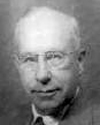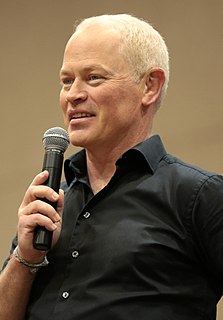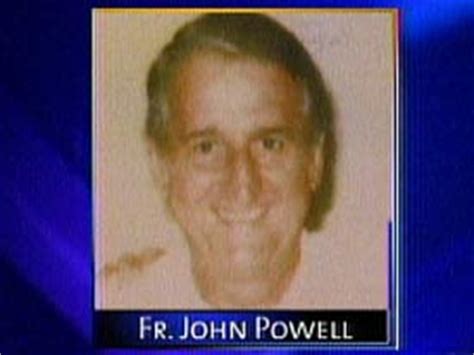A Quote by Chester Barnard
The fine art of executive decision consists in not deciding questions that are not now pertinent, in not deciding prematurely, in not making decision that cannot be made effective, and in not making decisions that others should make.
Related Quotes
Actually, I can't take credit for any of my decisions. I noticed one day that all my decisions were making themselves, and always at the right time. I haven't had to make one decision since then. They are always made for me, and they come from the wisdom that is in us all. I trust that wisdom completely. That trust itself was a decision made for me as inquiry cleared my mind. No decision, no fear.
This is how life works. Deciding whom to love is not an alien form of decision-making , a romantic interlude in the midst of normal life. Instead, decisions about whom to love are more intense versions of the sorts of decisions we make throughout the course of our existence, from what kind of gelato to order to what career to pursue. Living is an inherently emotional business.
If a woman makes a unilateral decision to bring pregnancy to term, and the biological father does not, and cannot, share in this decision, he should not be liable for 21 years of support... autonomous women making independent decisions about their lives should not expect men to finance their choice.
while the executive should give every possible value to the information of the specialist, no executive should abdicate thinking on any subject because of the expert. The expert's information or opinion should not be allowed automatically to become a decision. On the other hand, full recognition should be given to the part the expert plays in decision making.
If a woman makes a unilateral decision to bring pregnancy to term, and the biological father does not, and cannot, share in this decision, he should not be liable for 21 years of support. Or, put another way, autonomous women making independent decisions about their lives should not expect men to finance their choice.
Collectivism takes on many guises and seldom uses its own real name. Words like 'community' and 'social' soothe us into thinking that collectivist decision-making is somehow higher and nobler than individual or 'selfish' decision-making. But the cold fact is that communities do not make decisions. Individuals who claim to speak for the community impose their decisions on us all.
You just don't make decisions about what you're going to be like when you are old. I know that I am making that decision right now. Every time we perceive ourselves, others, life, the world and God in a certain way, we are deepening the habits that will take over in old age. Every time I act on the insights that I am getting now I am deciding my future and choosing to be a kindly or cynical old man. Our yesterdays lie heavily upon our todays and our todays will lie heavily upon our tomorrows.
Any individual decisions can be badly thought through, and yet be successful, or exceedingly well thought through, but be unsuccessful, because the recognized possibility of failure in fact occurs. But over time, more thoughtful decision-making will lead to better overall results, and more thoughtful decision-making can be encouraged by evaluating decisions on how well they were made rather than on outcome.


































